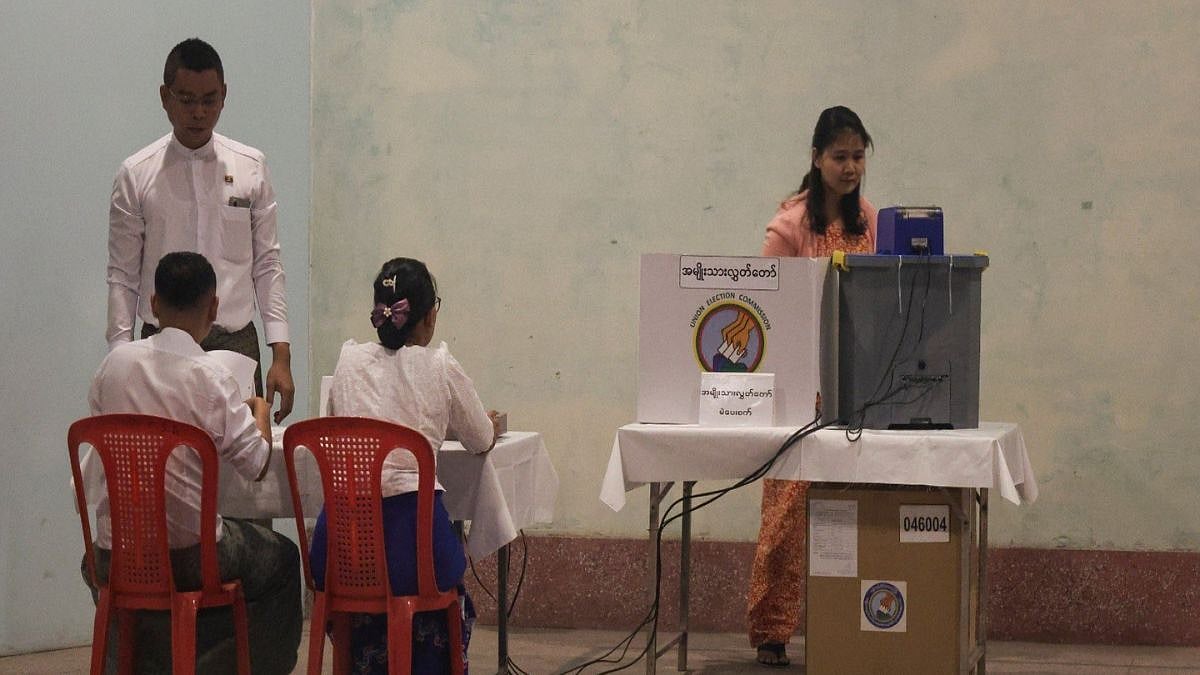Mumbai: It is the evolution of language that separates human beings from the rest of the animal kingdom. That is not to say that the animals and birds aren’t capable of communication, but to give you a sense of comparison, whilst the average human has a vocabulary of between 20-35K words, the most intelligent animals and birds can barely speak a few hundred. There are many theories surrounding the evolution of language. However, it is believed that between 100,000 and 50,000 years ago, something changed quite drastically in the human brain, which made the evolution of critical building blocks of progress like language possible.
Today, the human race speaks about 6,500 languages, of which 12 are most widely spoken, and the United Nations has adopted 6 of these as its official languages. Languages make it possible to communicate and collaborate on science, technology, international affairs, art, culture and make everything from commerce to world peace possible.
To recognise the important role languages play, the UN adopted a resolution on 24th May 2017, which declared 30th September as the International Translation Day. 30th September was chosen, as it celebrates the feast of St. Jerome, a priest from North-Eastern Italy, who translated the Bible into Latin and is also considered the patron saint of translators. He was fluent in Latin, Greek, and Hebrew and translated parts of the Hebrew Gospel into Greek.
The role of languages in providing access to quality education, strengthening cooperation, building inclusive knowledge societies and promoting intercultural dialogue cannot be underestimated. Languages provide a shared context and a sense of identity; international dialogue also helps build a more tolerant world, and therefore multilingualism is a core value of the United Nations.
Most Indians are multilingual, generally speaking their ‘mother tongue’, in addition to English and the regional language of the state they grew up in. Additionally, some of us also probably managed to pick up French or German as part of high school. Besides the obvious career advantages that being multilingual brings, recent research has also shown that it increases cognitive ability and can even potentially reduce that natural mental decline that is associated with old age.
With the pandemic still on our doorstep, we are all commuting a lot less than we used to. So how about investing all that spare time into picking up a language which would make that post-covid exotic European holiday a bit more fun!











